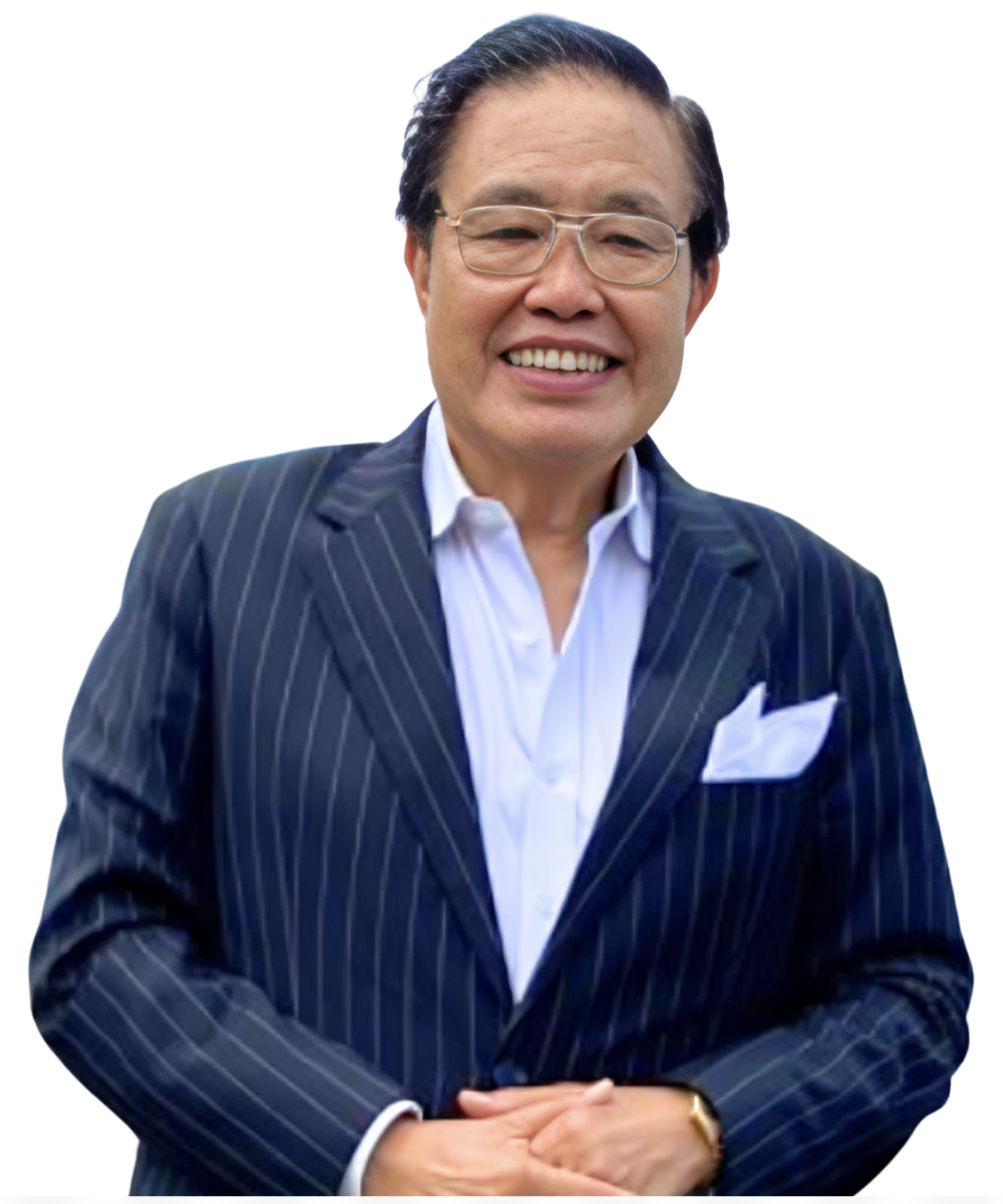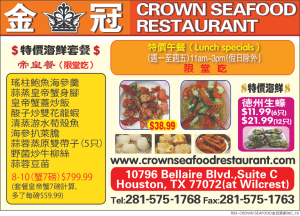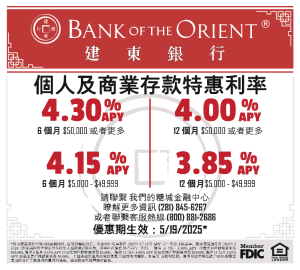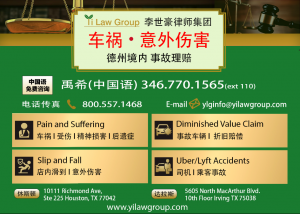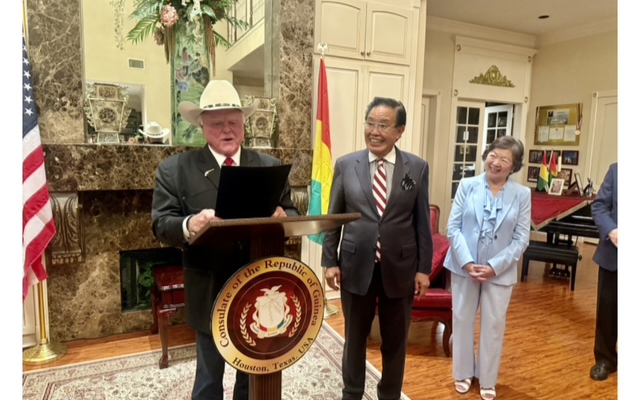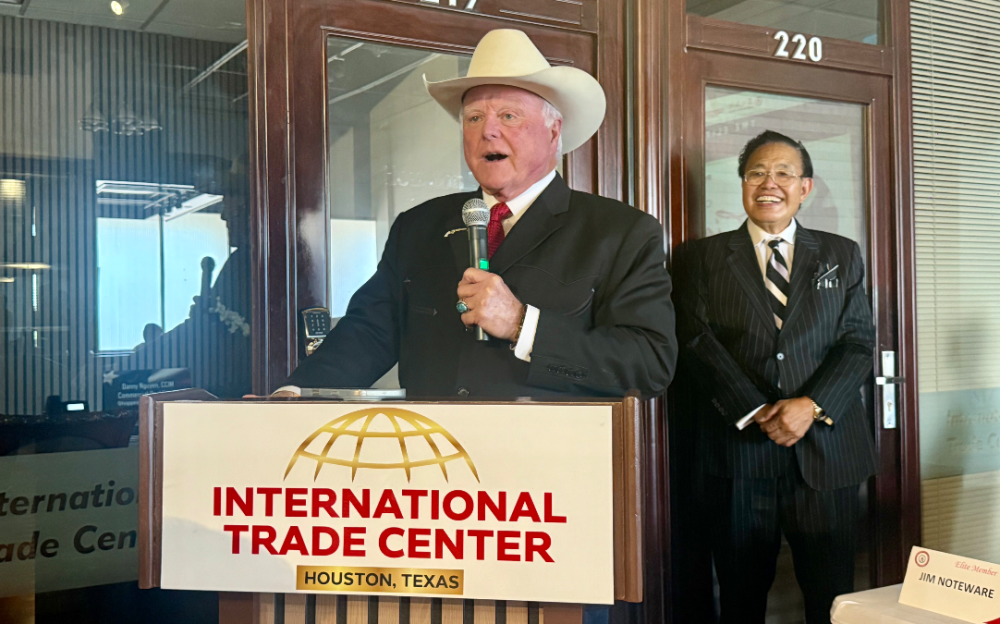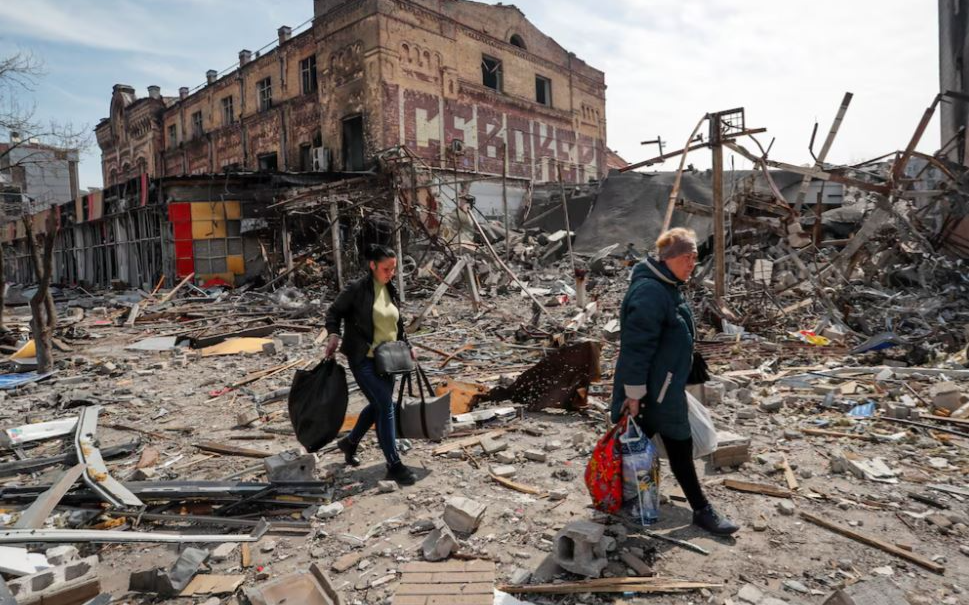川普向媒體挑戰
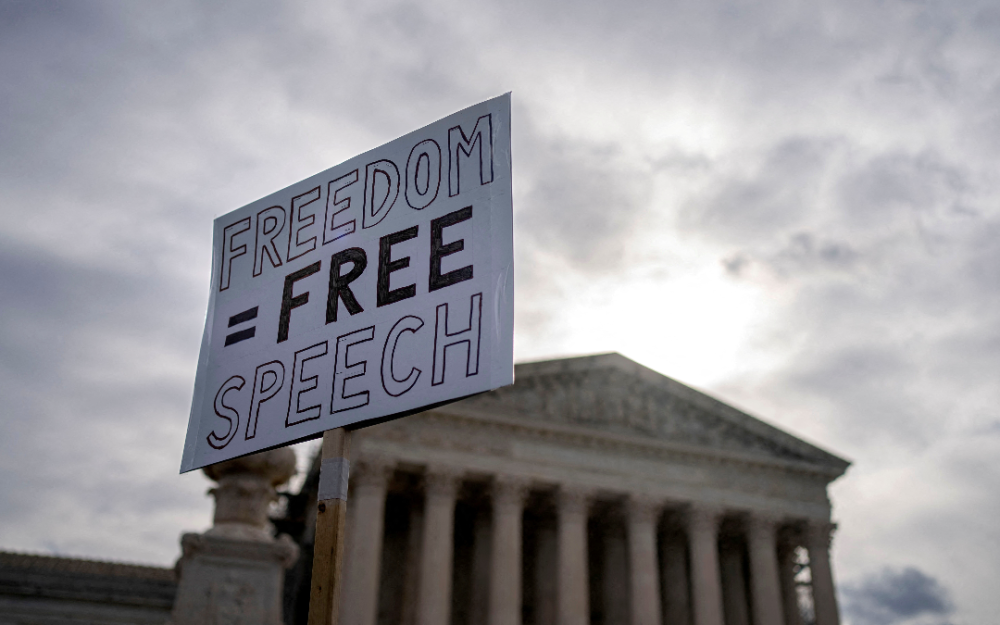
Trump’s Challenge To The Media
A Test Of Free Speech And Democratic Boundaries
President Donald Trump has recently escalated his campaign against the media. From filing a massive defamation lawsuit against The Wall Street Journal and media mogul Rupert Murdoch to banning their reporters from Air Force One, his actions signal a growing hostility toward critical journalism. He has also signed an executive order cutting off federal funding to NPR and PBS, while empowering the FCC to investigate alleged media “bias”—carefully excluding outlets like Fox News.
These actions go beyond political theater. They represent a direct threat to the foundations of a free press. When the government punishes unfavorable reporting with lawsuits, access restrictions, or financial pressure, the media’s watchdog role is severely undermined. Trump’s use of legal intimidation and regulatory tools aims to redraw the boundaries of press freedom.
By portraying himself as a victim of “fake news,” Trump mobilizes his base and reframes media scrutiny as political persecution. But turning the media into a political enemy has consequences far beyond one presidency—it risks normalizing the silencing of dissent in democratic society.
The press is not meant to serve power, but to question it. This growing war on journalism is, in truth, a test of America’s democratic resilience. As a nation, we must ask: Do our leaders still respect the role of a free press? And are we still willing to defend the truth, even when it challenges those in power?


